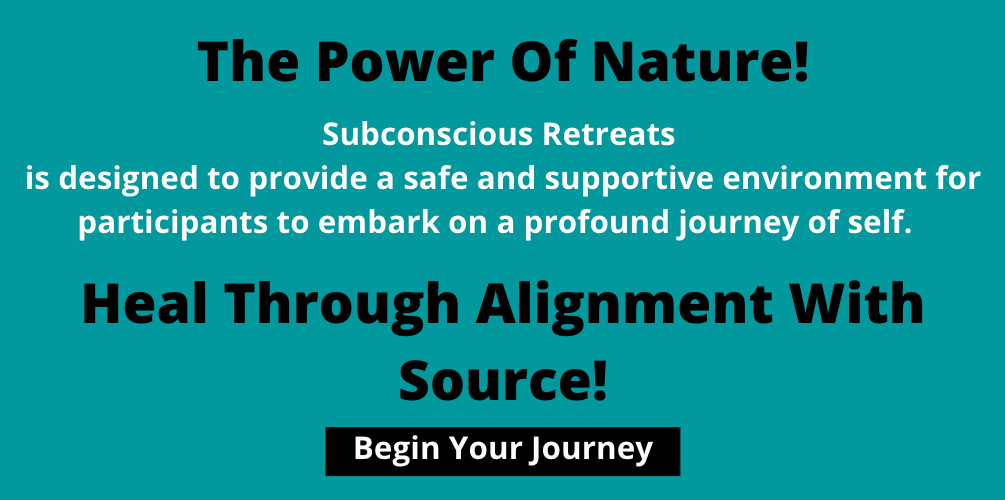
Trauma can take a toll on your life. It not only makes you feel isolated and lonely, but also can often lead to depression or anxiety, cause constant nightmares and flashes of memories, insomnia, fear of places or people that trigger memories of the trauma, and even PTSD.
In this article, we explore how using psychedelics like ayahuasca, mushrooms, and Bufo 5-MeO-DMT can help with facing your trauma.
Each of these plants and medicine has been used for healing since time immemorial by different cultures around the world.
They are all known for their ability to induce experiences that are similar to near-death experiences in some cases.
These plants give us access to alternate realities and help us face our fears in safe spaces with trained professionals who understand what we’re going through and what we’re trying to achieve.

What is a Psychedelic?
Psychedelic is a substance that changes our state of awareness, including our sense of self, our perception, and our connection to others and the world.
The word psychedelic, coined by British psychologist Humphrey Osmond in 1956, comes from the words “psyche” (meaning “mind”) and “delic” (meaning “to break the boundaries of”).
The main psychedelic substances used in medicine are psilocybin (a substance found in magic mushrooms); LSD; mescaline (found in the peyote cactus); and the empathogens MDMA (often called “ecstasy”) and 2-CB (2-CB is also known as “nexus”).
Some other less common psychedelic substances are: ibogaine, ketamine, peyote, ayahuasca, and San Pedro cactus.
There are many other psychedelic substances that are used for spiritual purposes, including DMT and 5-MeO-DMT (found in ayahuasca and San Pedro cactus), LSD, and psilocybin used outside of a therapeutic setting.
Psychedelics in Trauma
Psychedelics can be used to help treat trauma-related conditions such as depression, anxiety, and PTSD.
Some studies have shown that psilocybin (magic mushrooms) and MDMA can help reduce symptoms of PTSD in people who have suffered from trauma, including people diagnosed with Posttraumatic Stress Disorder (PTSD) related to sexual assault, childhood abuse, military combat, or other traumatic experiences.
These substances can be helpful because they can help people “face’ or “deal with” their trauma, by encouraging people to talk about their experiences, confront related emotions, and process their trauma in a safe space with trained professionals.
The revelations and insights people may experience while “high” can help them put their experiences into perspective and come to terms with their trauma.
Most importantly, psychedelics can help people feel less alone, and provide them with a sense of compassion and understanding from others.
Psychedelics In Medicine
Psychedelics can also be helpful for other mental health conditions, such as anxiety, depression, eating disorders, obsessive-compulsive disorder, and addiction.
They may also help with creativity, problem-solving, and interpersonal relationships. Researchers have found that a single psychedelic “trip” can produce long-lasting positive changes in a person’s mental health and personality.
Psychedelics may be helpful for people with a range of psychological disorders for several reasons.
Psychedelics may affect the brain in ways that are similar to some antidepressants; they may help people be more open to new experiences and ways of thinking, and they may help people be less judgmental and more compassionate toward themselves and others.
Psychedelic Plants
These plants have been used in traditional healing practices for thousands of years and are known for their ability to induce spiritual experiences that are similar to near-death experiences.
Some of the most commonly used plants for this purpose are psilocybin mushrooms, Peyote cactus, DMT plants (like ayahuasca, Chacruna, or Mimosa), and Mescaline-containing cacti (like San Pedro).
Some other less common psychedelic plants are 5-MeO-DMT, Ibogaine, and Bufo Alvarius.
There are many other psychedelic plants that are used for spiritual purposes, including Desmino, Ayahuasca, and Psilocybe Samui.
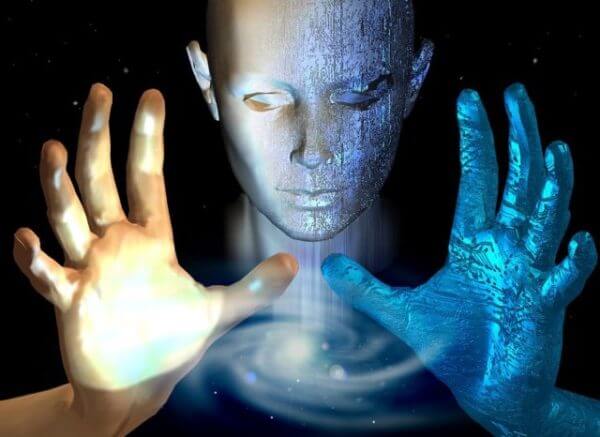
How psychedelics help with facing trauma
While the exact mechanism of action of psychedelics is still unclear, there are a few theories. One theory is that, during an experience with a psychedelic, the brain is flooded with neurotransmitters like serotonin and dopamine.
This may affect the hippocampus, which is involved in the processing and learning of memories. During this process, the brain may be “rewriting” the traumatic memories, making them less negative and less harmful.
Another theory is that psychedelics may promote the formation of new neurons and new connections between neurons, which may help people process their trauma and come to terms with it.
Yet another theory is that psychedelics may help people develop more compassion and forgiveness for themselves and others, which may help them come to terms with their trauma and feel less isolated.
Psychedelics and depression
Several studies have found a link between psychedelic use and reduced rates of depression.
In one study, people who had used psychedelics at least once in their lifetime were about 25% less likely to report symptoms of depression compared to people who had never tried psychedelics.
In the same study, people who reported using psychedelics once or more per month had a reduced risk of depression.
This suggests that psychedelic use may help prevent or treat depression. There are a few possible explanations for this.
One theory is that psychedelics promote neuroplasticity and help the brain create new connections and be more flexible in its thinking.
Another theory is that psychedelics help people become more open-minded and less judgmental of themselves and others, which may reduce feelings of isolation and improve self-esteem.
Ayahuasca: A journey into darkness and back into the light
Ayahuasca is a shamanic brew that is used for healing in shamanic practices in ceremonies.
It contains the psychedelic substance DMT, which is also found in plants like chacruna and mimosa.
DMT is often described as a “doorway to another dimension” or a “journey to the underworld.” It has been used for thousands of years for healing, spirituality, and gaining new insights and perspectives into life.
It can be helpful for facing trauma because it allows you to go through the journey of facing your trauma and finding your way back into light.
Ayahuasca is a powerful psychedelic that may induce terrifying experiences, including feeling like you are dying or an overwhelming feeling that your losing control.
During these terrifying experiences, you are guided by a shaman who helps you confront your fears, process your trauma, and find acceptance and forgiveness for yourself.
Mushrooms: The Fear Eradicator
Psychedelic mushrooms (psilocybin) are also helpful for facing trauma because they are known for their ability to help people “face their fears.”
When people are under the influence of psilocybin, they often experience a feeling of being “touched by fear” and confront their fears in safe settings with trained professionals who understand what they’re going through.
During these psychedelic experiences, some people often feel a “death and rebirth” experience, which can be helpful for facing trauma by helping people “let go” of the past.
While under the influence of psilocybin, people may experience a release of repressed emotions and “let go” of their trauma and the negative feelings associated with it.
They may also gain new insights and perspectives on their trauma and feel less alone.
Bufo Alvarius and Coming to terms with your trauma and finding peace
Bufo 5-MeO-DMT is a psychedelic found in the Sonoran desert toad. It is a short-acting psychedelic that can be smoked or injected.
Bufo 5-MeO-DMT can help you overcome your trauma and come to terms with what happened and why.
If you choose to work with this substance, you will enter a state of being that is beyond words.
You won’t be thinking in the normal sense of the word, but rather you’ll be experiencing life directly, feeling all the emotions and seeing all the images flowing through your mind.
You are able to see your life and the events that have happened to you for what they really are: and the part of you that is growing and changing.
You will be able to see your trauma for what it really is, a chapter in your life that has closed and that you have grown from
Conclusion
Psychedelics can be a powerful tool for healing trauma.
They can help you get in touch with your feelings and process your emotions. They can also help you face your fears and let go of trauma-related phobias and anxiety.
They can be useful in combination with psychotherapy and can also be helpful in treating depression.
Bufo 5-MeO-DMT and ayahuasca can help you come to terms with your trauma and find peace.
They can help you let go of the past and see it for what it was.
They can help you understand what you went through, how you grew from it, and why it happened.
Join us at Subconscious Retreats for a one-in-a-lifetime experience, with a trained shaman who will walk you hand in hand on this life-changing journey.
Namaste 💫
Related Article: What psychedelics taught me about healing trauma
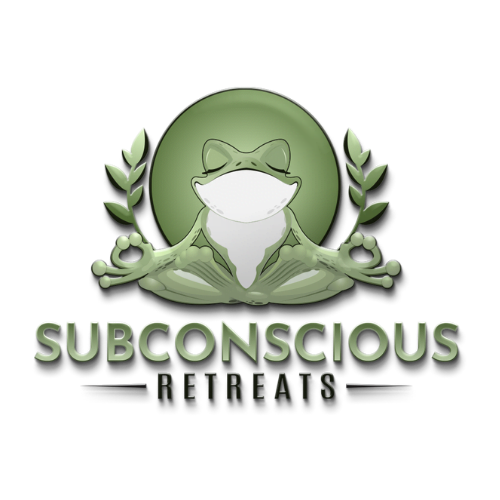
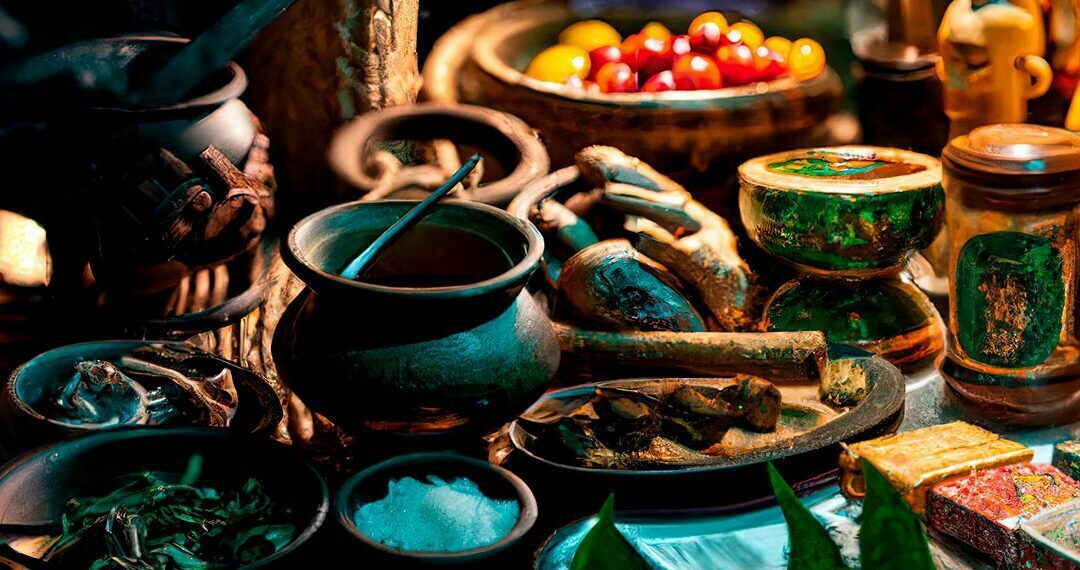
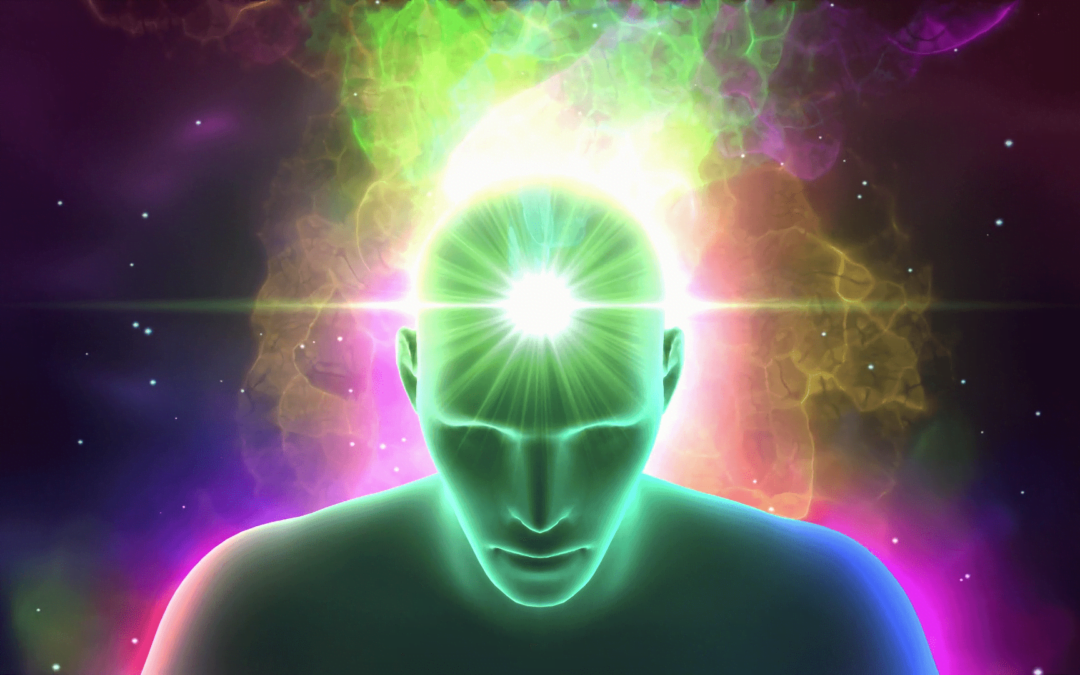
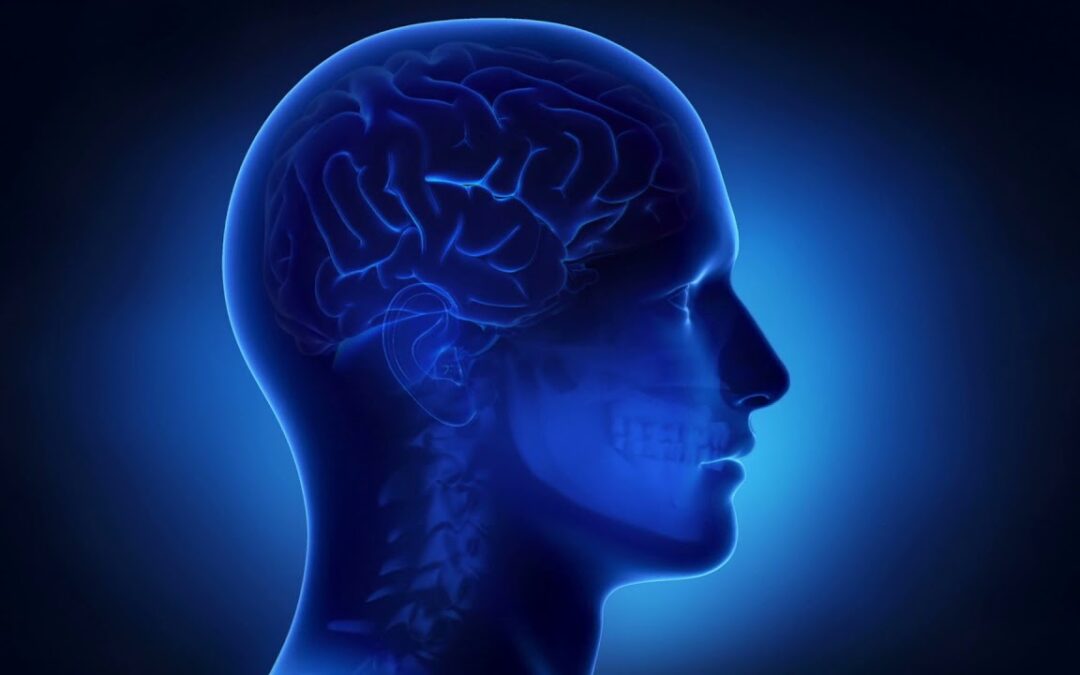
0 Comments